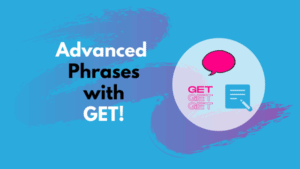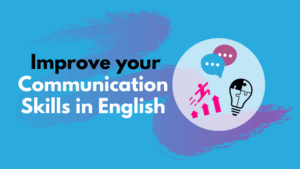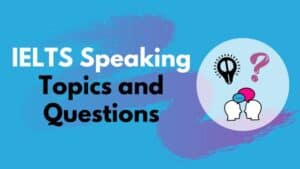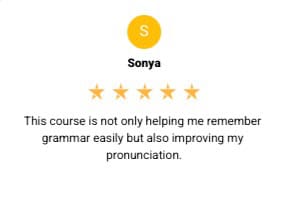Stop Saying, “Maybe” in IELTS Speaking
Sometimes the examiner asks a question like
- Do you think _____________?
- Should we_______?
- Will you_______?
And your answer is simply, “Maybe”
However, to get a higher score in IELTS Speaking and to become a more confident speaker, you need to build your flexibility.
So in this post, I am going to show you how to do that by introducing you to lots of natural ways of saying ‘maybe’.
Table of Contents
IELTS speaking grammar: Maybe or may be?
Maybe and May be are often confused.
In fact, the meaning is the same, but the use is different.
_____
Maybe – Adverb (of possibility)
Maybe online shopping is dangerous
Notice ‘maybe‘ goes at the front
______
May + verb – Model verb (of possibility)
Online shopping may be dangerous
Online shopping may save time
Notice ‘may‘ goes before the main verb
Check out more grammar tricks here.
Possibility in the present
To express possibility in the present, of course, we can use maybe, but there are many alternatives. For example, let’s look at an answer to this question:
Do you think online shopping is dangerous?
We can answer:
Maybe, because you can get hacked
Possibly, because you can get hacked
Perhaps, because you can get hacked
Potentially, because you can get hacked
We can also use modal verbs, as follows:
We can use modal verbs (adding ‘well‘ is a very natural addition):
It may be, because you can get hacked
It could well be, because people can steal your ID
It might well be, because the shop might be fake

Possibility in the future
To express possibility in the future, of course, we can also use the modal verbs as above (may. might, could), For example, let’s look at an answer to this question:
Will you shop online more in the future?
We can answer:
I may (well) do. You know, it’s getting easier and saves me time.
I could (well) do. You know, it’s getting easier and saves me time.
We can also give short answers with adverbs, as below,
Conceivably, companies like Amazon make it so easy with their ‘one-click shopping’
Feasibly, companies like Amazon make it so easy with their ‘one-click shopping’
or with adverbial phrases, as follows,
There’s a good likelihood
There’s a fair chance
If we want to express stronger probability, we could say,
It’s highly/most/very probable
It’s a safe bet
It’s more than likely
Remember the key to success in IELTS Speaking is to build your flexibility.
Practice these phrases lots and in many different contexts. Only use them in the test, when you are really comfortable with them.
What did you think of this lesson? Let me know in the comments below.
Improve your Speaking Skills with this Free Course
Crack IELTS Speaking Part 1
Learn to Speak with Confidence in Part 1 of Your IELTS Test!
⭐️⭐️⭐️⭐️⭐️
‘It’s such a great course. I’ve learned so many usages for speaking part 1.’
Zu Htet






9 thoughts on “Stop Saying, “Maybe” in IELTS Speaking”
Pingback: Stop Saying MAYBE in IELTS Speaking: Build your Vocabulary - Học ielts online
Pingback: Stop Saying MAYBE in IELTS Speaking: Build your Vocabulary - ielts source
Conceivably, I loved this video. You know because it’s very useful. On top of that, you really have a sense of humor.
Thanks Doaa, glad you liked it.
How nice you are Keith! Thanks
My pleasure – thanks for reading.
Thanks for this wonderful lesson Keith.
My pleasure – so glad you like it.
Its tremendously useful. I like your lesson. You are great.